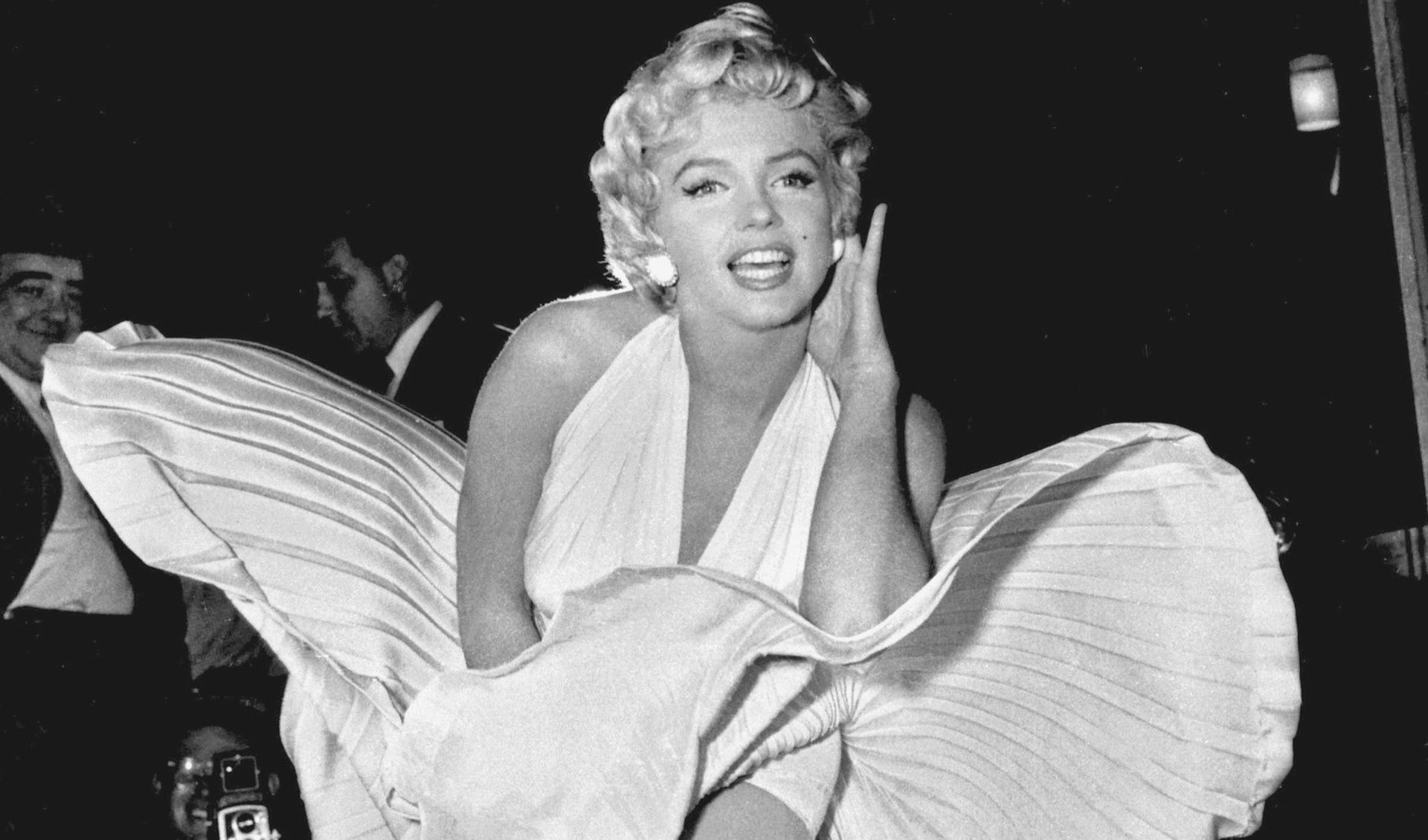A lawsuit over the world’s most popular song just took a surprise twist
Happy birthday to the whole world, free of charge? A contentious lawsuit over “Happy Birthday,” the world’s most popular song, has taken a surprising twist, which could make it more accessible for people to use in commerce and art.


Happy birthday to the whole world, free of charge? A contentious lawsuit over “Happy Birthday,” the world’s most popular song, has taken a surprising twist, which could make it more accessible for people to use in commerce and art.
Warner/Chappell Music, Inc., the music publishing arm of Warner Music Group, claims to be the sole owner of the copyright for the classic “Happy Birthday to You.” For years, the group has collected an estimated $2 million a year from anyone who uses the tune for commercial purposes.
But, custody over the song has never been simple. Ever since a trio of sister-schoolteachers created the melody in the 1890s, the path toward the modern iteration has been murky—starting with the re-writing of the lyrics from “Good morning to you” to its debut on Broadway and hand overs from one music producer to the next.
This history is so complicated, in fact, that filmmakers making a documentary on the famed song have sued Warner/Chappell on the grounds that neither they nor anyone else should have to pay a license fee to use the classic for commercial purposes.
Filmmaker Jennifer Nelson was producing a film about the song’s history, tentatively titled “Happy Birthday” when she found out that she would have to pay $1,500 just to use the song in her film. According to the lawsuit, Nelson and her company Good Morning to You Productions paid the fee but then filed the lawsuit in 2013 on the grounds that the tune should be declared in the public domain.
The dispute has gone on since then, bogged down by issues such as fraud and attorney-client privilege, The Hollywood Reporter reports. But court papers filed by the attorneys representing Nelson yesterday (July 28) reveal that a decision might soon be clear.
Nelson’s attorneys told the California judge handling the case that they have found the “proverbial smoking gun,” The Hollywood Reporter reports. Betsy Manifold and Mark Rifkin, the two attorneys, were given access to a file three weeks ago—that had been “mistakenly” withheld from them—containing a blurry version of the fifteenth edition of The Everyday Song book.
Once they found this version, they began digging in the University of Pittsburgh archives and found an earlier edition of the songbook that included the song—sans copyright notice.
The next hearing in the dispute is scheduled for July 29, where the attorneys will argue that the song was in the public domain long before the copyright registration came into being, The Hollywood Reporter reports.